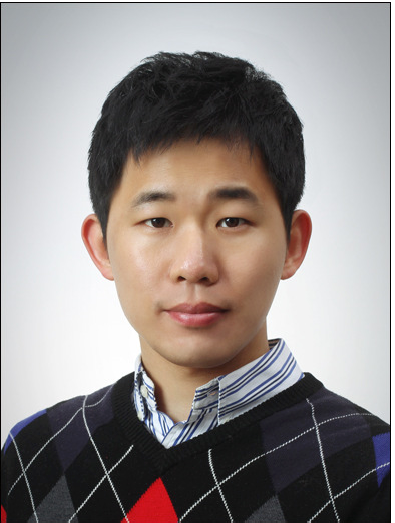Faculty Candidate Seminar
System Architecture Directions for Post-SoC/32-bit Networked Sensors
Add to Google Calendar

– "Wireless sensor network (or Internet of Things) system architecture issues in the years ahead may be fundamentally different from those that have guided design for the last two decades" –
Two decades ago, the vision of "Smart Dust" and development of small, low-power networked sensor hardware initiated a new exciting regime, called wireless sensor network. The hardware capability was extremely and notoriously constrained, which has clearly distinguished this regime from other networked systems and has generated various unique challenges and solutions.
However, off-the-shelf hardware technology has evolved significantly for the last two decades. In particular, the emergence of low-power 32-bit Systems-on-Chip (SoCs), which integrate a 32-bit MCU, radio, and flash, presents an opportunity to re-examine design points and trade-offs at all levels of the system architecture of networked sensors; hardware and software "co-evolve" .
I will talk about possible paradigm shifts on networked sensor system design, based on (1) development a networked sensor with the latest hardware components and (2) quantitative and comparative analysis of the hardware and software interactions. To show the challenges and opportunities coming from these shifts, I will present three design examples, (1) cooperative clocking, (2) adaptive clocking, and (3) preemptive network architecture, and several potential research agenda.
Hyung-Sin Kim is a postdoctoral scholar of EECS at the University of California at Berkeley and working at Building Energy Transportation Systems (BETS) group led by Prof. David E. Culler. He received his B.S. degree in Electrical Engineering from Seoul National University (SNU) in 2009. He received his M.S. degree in 2011 and his Ph.D. degree in 2016, both in Electrical Engineering and Computer Science (EECS) from SNU, both with outstanding thesis awards. From March 2016 to August 2016, he was a postdoctoral researcher at Network Laboratory (NETLAB) at SNU led by Prof. Saewoong Bahk. He received the Qualcomm Korea Fellowship in 2011, and the National Research Foundation (NRF) Global Ph.D. Fellowship and Postdoctoral Fellowship in 2011 and 2016, respectively. His research mainly focuses on networked embedded systems for the Internet of Things while broadly spanning neighboring areas such as cellular communication, mobile network, augmented reality, security, and fog/edge computing, resulting in 45+ academic publications.
 MENU
MENU 
